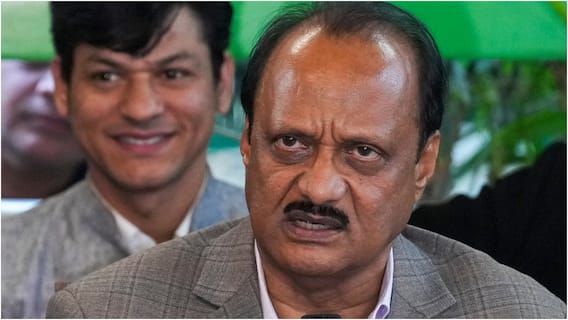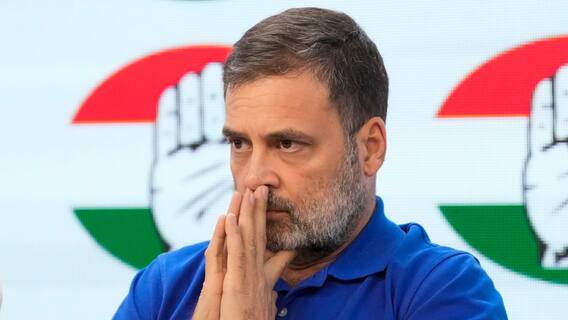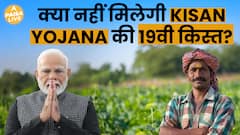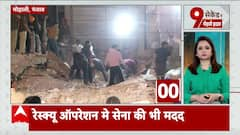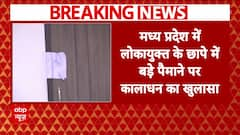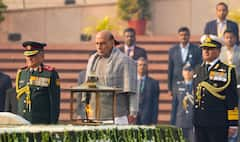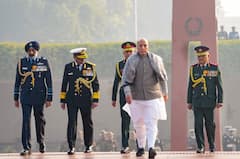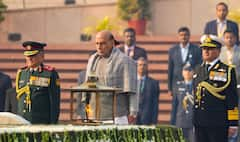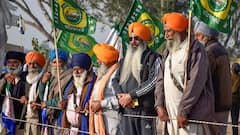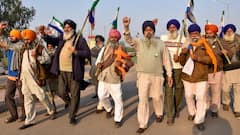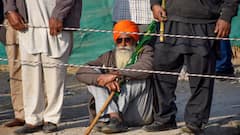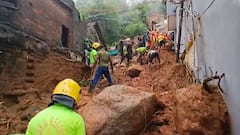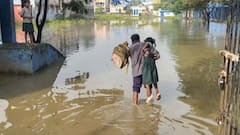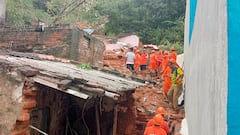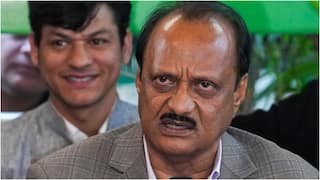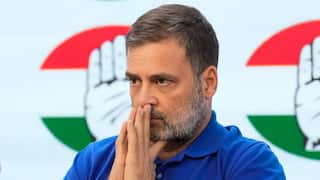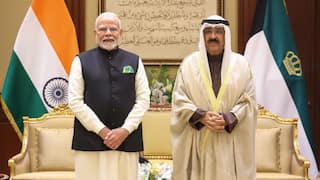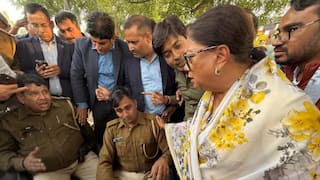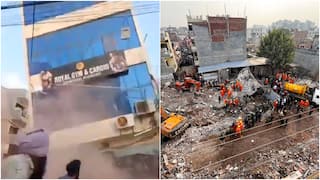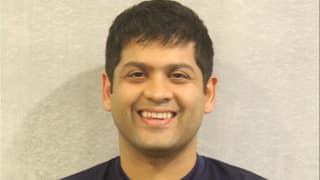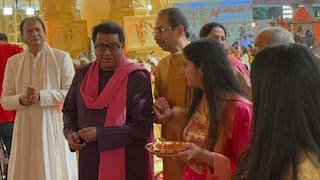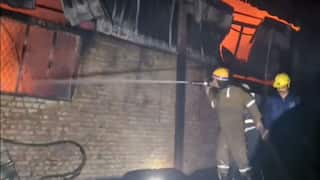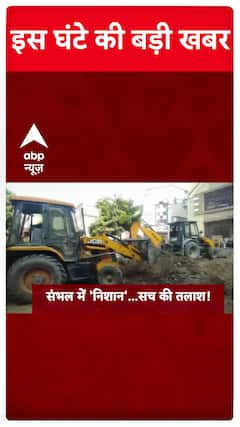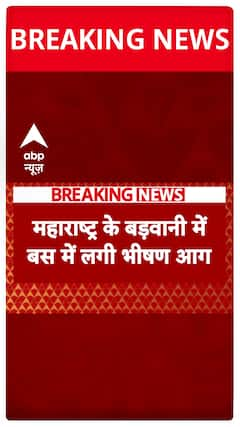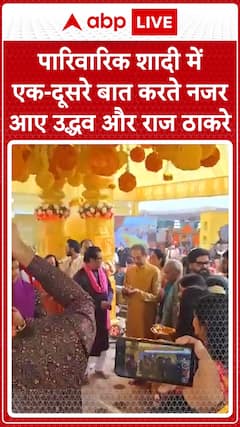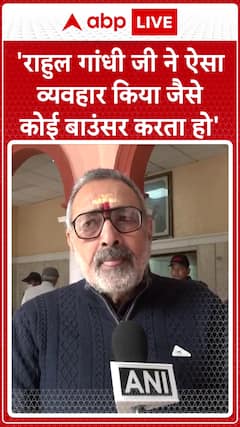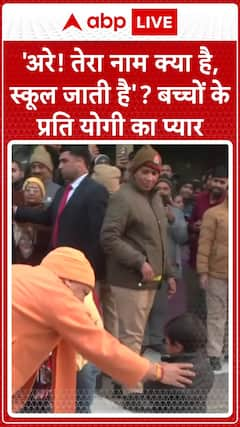Colonial History Of Goa And Why Its Freedom From Portuguese Rule Came 14 Years After British Left India
As PM Modi blames Congress and Jawaharlal Nehru for delayed freedom for Goa, here Is a look at the history of Goa liberation and 'Operation Vijay' that made Goa part of India in 1961.

New Delhi: Just ahead of the Goa Assembly elections, Prime Minister Narendra Modi has raked up the issue of the liberation of the coastal state from the Portuguese in 1961 to corner the Congress.
Twice in a span of one week, PM Modi asserted that if Jawaharlal Nehru wanted, Goa could have been liberated "within hours" in 1947, but it took 15 years for the state to be freed from Portuguese rule. He said Nehru was "more worried about his international image" and hence preferred dialogue over sending military.
Responding to the criticism, Congress leaders have said the PM didn’t understand the history of those times, what was going on post-World War II period, and was raking up the Goa liberation issue now to "distract people from the real issues".
For the uninitiated, while most Indian territories gained independence from colonial powers on August 15, 1947, Goa was liberated from Portuguese rule about 14 years later on December 19, 1961.
How The Portuguese Took Over Goa
The Portuguese were among the very first to colonise parts of India, and their enclaves constituted Goa, Daman and Diu, and Dadra and Nagar Haveli.
In 1503, the Portuguese first colonised Cochin and it was made the administrative capital of the "Estado da India", the collective name given to Portuguese enclaves in India.
Colonisation gathered pace under viceroy Afonso de Albuquerque and Portuguese Goa was established in 1510. It soon replaced Cochin as capital of the Estado da India.
The movement for independence of Goa, ruled by the Portuguese for more than 450 years, gained steam only after 1947, when several negotiations with the Portuguese government failed, according to records.
With Portugal being part of the North Atlantic Treaty Organisation (NATO), the Indian government was also said to be hesitant in taking over Goa using military power. Moreover, Nehru was in favour of using diplomatic channels to gain support from allies and pressurise the Portuguese.
On the other hand, the Portuguese side argued that India had no rights to the territory since the Republic of India did not exist when Goa came under Portuguese rule.
Quest For Goa's Freedom
While there were several small revolts in between, the Portuguese faced the first formidable challenge on June 18, 1946, when socialist Dr Ram Manohar Lohia, with many young Goans, led the first Civil Disobedience Movement against the government. The day is now observed as Goa Revolution Day.
The strategy for the movement was formed when Lohia visited Goan academician and writer Dr Juliao Menezes for a medical examination in Bombay. The duo decided to defy a ban on meetings and protests against the Portuguese government, and launched the movement for Goa's liberation.
The movement was shortlived after Lohia was arrested, but it inspired several Goans and personalities and they began to meet and strategise by keeping away from the gaze of the Portuguese authorities.
Among the revolutionaries were Nana Kaajrekar, a wrestler from Pune, Sudhir Phadke, a music director, and many others. All of them collaborated with the Azad Gomantak Dal (AGD) and came under the banner of the United Front of Liberation.
While many may not know, famous singer Lata Mangeshkar also played a part in the liberation of Goa. Mangeshkar performed at a concert in Pune to help the revolutionaries raise money in their struggle to free Goa, Dadra and Nagar Haveli.
After the arrest of several leaders of the Civil Disobedience Movement, the struggle tapered off only to reignite in 1954 with the liberation of Dadra and Nagar Haveli.
In 1955, a mass satyagraha movement was launched by the Communist and socialist parties for Goa's freedom. However, when the protesters entered Goa, the Portuguese opened fire, killing about 20 people.
In reaction to the brutality, Nehru decided to impose an economic blockade and closed its Consulate-General in Panaji, thereby breaking off diplomatic relations with Portugal.
Due to the economic blockade, the Goans had no access to outside news. It was then that Vaman Sardesai and his wife Libia Lobo Sardesai started an underground radio station, named The Voice of Freedom Station, to disseminate news to the revolutionaries and expose Portuguese propaganda, according to a BBC report.
The station was run between November 1955 and December 1961, from forests bordering Goa, the report said.
Annexation Of Goa
With the Portuguese not yielding to the diplomatic pressure, India eventually decided to use its military to free Goa, under what it called 'Operation Vijay'. Several reports said it was India's then Defence Minister Krishna Menon who convinced Nehru that it was high time the government used force to liberate Goa from the Portuguese.
In perhaps the first tri-service operation of the Indian Army, more than 30,000 troops were sent for the battle that lasted just 36 hours.
In a pincer attack that took the Portuguese by surprise, the Army advanced towards Goa from the north and east, while the Indian Air Force bombed the Dabolim airbase. The Navy was tasked with keeping the Portuguese warships in check and secured access to the Mormugao harbour. On December 19, 1961, the Army entered Goa from the south and soon the Portuguese found themselves outnumbered, forcing Governor General Vassalo De Silva to sign a document of unconditional surrender. Goa, thus, came under the control of the Indian government.
Goa remained a Union Territory till 1987 after a majority of the people voted against its merger with Maharashtra. In 1987, Goa became India's 25th state. However, Daman and Diu continues to be a UT.
Trending News
Top Headlines






